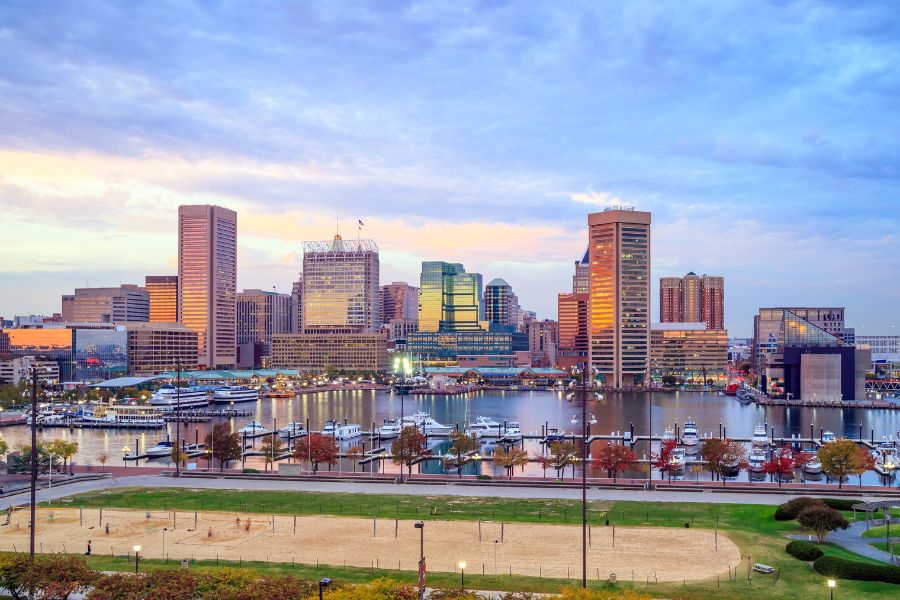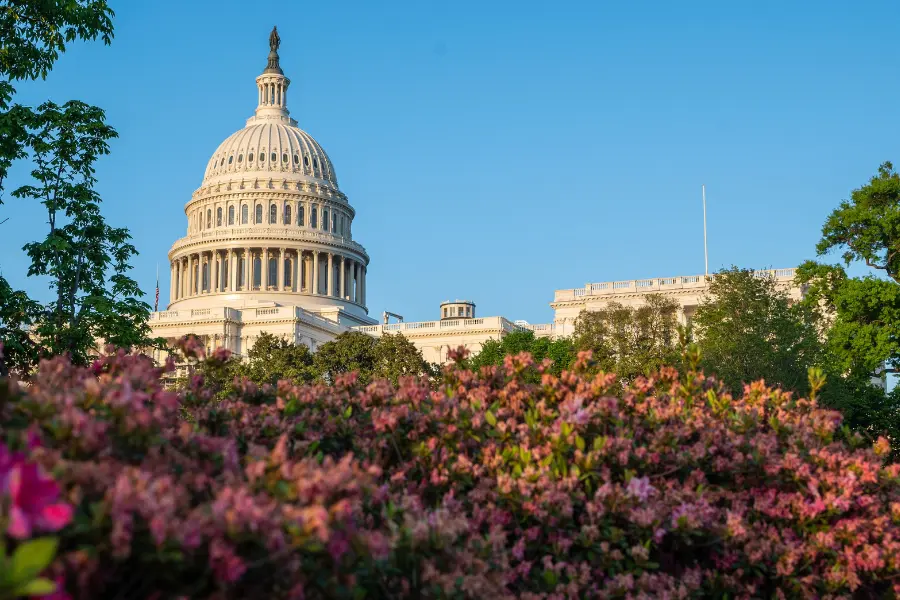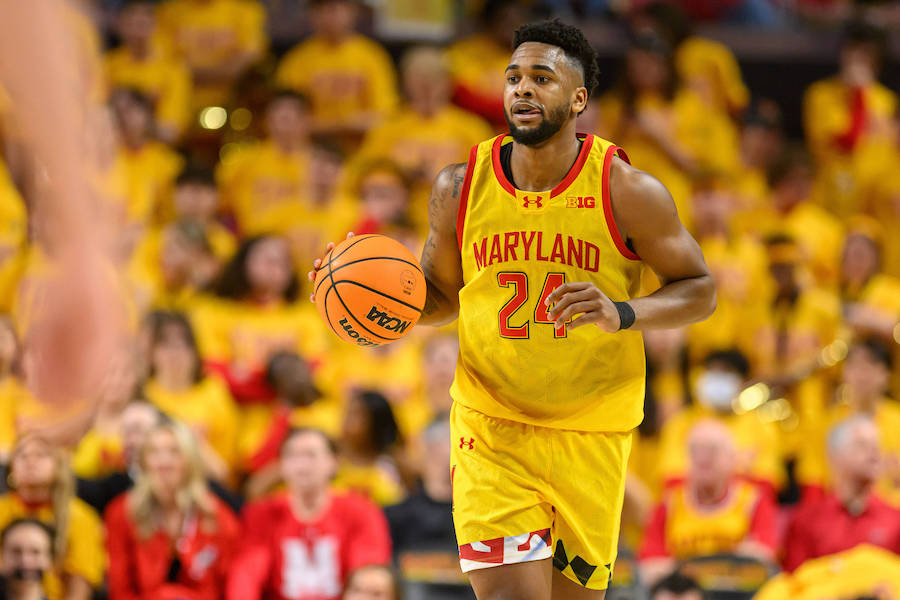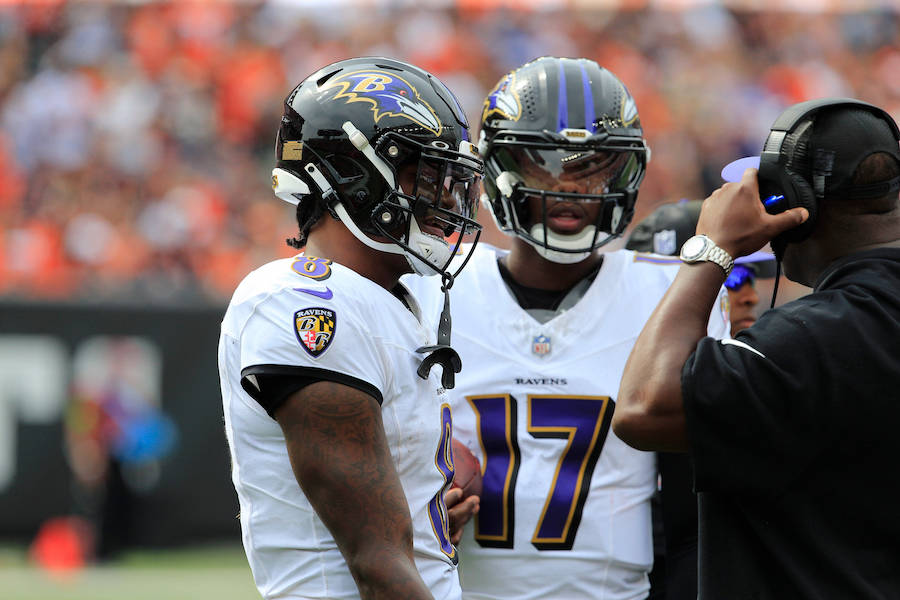State law permits up to 60 mobile sports betting licenses, 30 more at retail establishments, and 17 brick-and-mortar locations specified in that law.
So what are the odds of that 100+ figure ever being reached? Probably about what any single lottery ticket buyer has of hitting a billion-dollar jackpot.
In fact, when former Maryland Lottery Director Gordon Medenica retired in 2021, he quipped about the mobile license figure: “Sixty is a proxy for infinity, I think.”
In reality, there are only 13 retail sportsbooks and 12 mobile betting apps in Maryland, leaving the state a whopping 82 shy of its maximum permitted figure.
This week, the Maryland Sports Wagering Application Review Commission (SWARC) elected to award a sports wagering facility license to MSF Sports, Inc., a subsidiary of the Maryland State Fair that is one of the 17 automatically eligible sites that also includes the state’s six casinos, two racetracks, and major sports facilities.
Five more online MD sportsbooks and two new retail sites are currently being reviewed by the commission, but their fates aren’t expected to be determined until 2024.
“The market seems to have taken its short-term, if not long-term, structure with the dominant handful of operators,” SWARC chairman Tom Brandt said at a recent commission meeting. “That seems to be the environment we’re in.”
Erasing “Dead Spots” Seen as a Key
But state delegate Jason Buckel, R-Allegany, is undaunted.
Buckel recently insisted at a House Ways and Means Committee meeting that the reluctance of the Maryland Lottery and Gaming Control Agency to accept new licenses is holding the state back from reaching its legal betting potential.
“There’s a lot of dead spots, I guess I would say,” Buckel said, according to the website Maryland Matters. “There’s very few on the Eastern Shore. For Montgomery County with 1.1 million people, there’s one in all of Montgomery County. There’s dead spots kind of all over the state.”
Montgomery County is the largest in Maryland and includes the cities of Gaithersburg, Bethesda, and Rockville – and is in close proximity to Washington, D.C. and Arlington, Va. Both locations offer legal sports betting, so a lack of legal betting options in Montgomery County likely has led to some residents who work in those places making their wagers there – depriving Maryland of the resulting tax revenue.
State law closed the application window for licenses in October 2022, but Buckel said he believes there could be more establishments, such as bars and restaurants, that seek licenses if that opportunity arises. That is why he said he seeks to have the “window” reopened in the coming months.
Yet at that same meeting, John Martin, the director of the Maryland Lottery and Gaming Control Agency, said: “There is currently no provision in law to offer another enrollment period,” adding, “No one has been beating down our door saying ‘let me in’,” Martin added.
“We may even see further consolidation in the sports wagering industry,” he said. “That’s just the reality of it. The numbers here are just not sustainable.
“If you do the quick math, that’s 107 sportsbooks. That’s a lot. The reality is we’re nowhere near that now.”
WynnBet, for instance, was approved to take bets in Maryland but never did, withdrawing from its license as part of a national cutback in its offering of sports betting. The company also in August announced it was closing its books in Arizona, Colorado, Indiana, Louisiana, New Jersey, Tennessee, Virginia, and West Virginia – while putting the status of its New York and Michigan sportsbooks “under review” and vowing to stay the course only in Nevada and Massachusetts.
Wynn Resorts CEO Julie Cameron-Doe said that the slow pace of online casino legalization – only a half-dozen states currently allow it – was a major factor in the company’s cutbacks. Ironically, Maryland to many gaming industry officials is the most likely to become the seventh state to offer such betting, as soon as 2025.
A better strategy for Maryland, said Martin’s deputy James Butler, would be to spend six to 12 months monitoring the state’s sports betting marketplace to see if expected further consolidation indeed takes place.
Still, Buckel said that closing the application process for new sportsbooks “would seem to frustrate the legislative intent of adding the licenses. It basically means that they’re ‘nullities,’ if you’re not going to take any more applications for them.”
Reality Check on Maryland’s Sports Betting Industry Potential
As a point of reference, New Jersey – which has about 50% more residents than Maryland – launched the first robust legal sports betting market in the U.S. in 2018. State law allows for each of the 12 Atlantic City casinos as well as its three racetracks, to align with up to three mobile sports betting partners.
Yet five years later, only 25 such sportsbooks exist, leaving 20 licenses unclaimed. Several sportsbooks have gone out of business in the state, unable to stay afloat in such a competitive market.
Some industry experts estimated before sports betting was formally approved in 2020 that the state could collect up to $100 million annually in taxes on sports betting in Maryland. But the actual figure for 2022 was about $25 million, with 2023 projected at around $30 million.
That tax revenue is distributed to the Maryland Department of Education’s “Blueprint for Maryland’s Future Fund.”
The figure pales in comparison to the more than $1 billion annually collected through the state’s lottery and its casinos, with that money going to the state’s General Fund to support a variety of causes, including schools, public safety, and public health programs.







